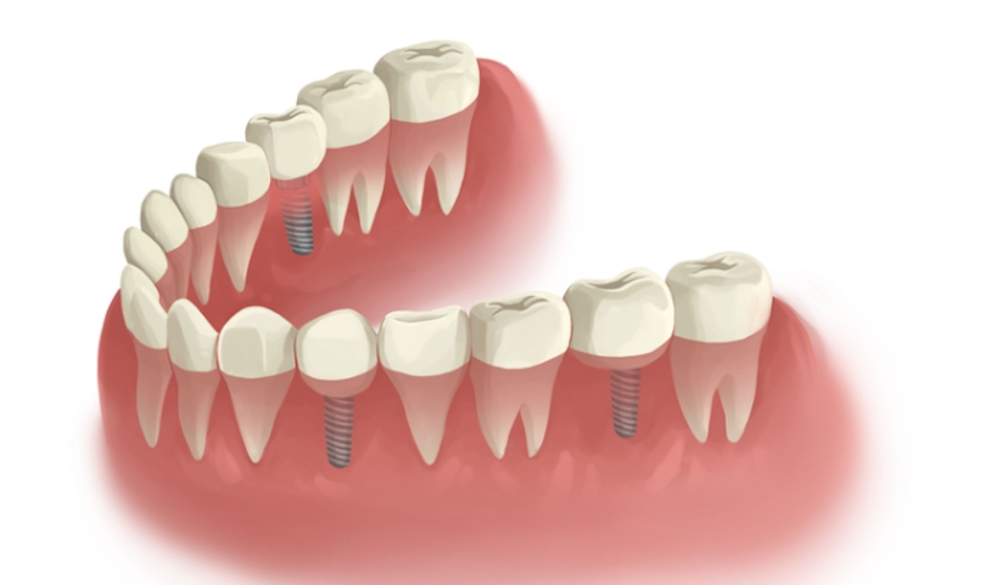Perth Dental Implants: Tips for Choosing the Right Material

Introduction Dental implants have become a popular and effective solution for replacing missing teeth, offering a permanent and natural-looking option for patients in Perth. One of the critical decisions in getting dental implants is choosing the right material. In this article, we will discuss the different materials used for dental implants, their pros and cons, and provide tips for choosing the right material for your dental implants in Perth.
Common Materials Used for Dental Implants
- Titanium: Titanium is the most commonly used material for perth dental implants due to its biocompatibility and ability to fuse with the jawbone in a process called osseointegration. Titanium implants are durable and have a high success rate. They are also lightweight and resistant to corrosion.
- Zirconia: Zirconia implants are made from a ceramic material that is biocompatible and resistant to corrosion. Zirconia implants are known for their natural appearance and strength. They are also hypoallergenic, making them a suitable option for patients with metal allergies. However, zirconia implants may not fuse as well with the jawbone as titanium implants.
- Titanium-zirconium alloy: Some dental implants are made from a combination of titanium and zirconium, offering the benefits of both materials. Titanium-zirconium alloy implants are strong, biocompatible, and resistant to corrosion. They may provide better osseointegration than zirconia implants.
Factors to Consider When Choosing the Right Material
- Biocompatibility: The material used for dental implants should be biocompatible, meaning it should not cause any adverse reactions in the body. Titanium and zirconia are both biocompatible materials.
- Strength and Durability: Dental implants should be strong enough to withstand the forces of chewing and biting. Titanium and titanium-zirconium alloy implants are known for their strength and durability.
- Aesthetics: The material used for dental implants should match the color and appearance of natural teeth. Zirconia implants are known for their natural appearance and may be a better choice for front teeth.
- Allergies: Some patients may have allergies to certain metals. Zirconia implants are hypoallergenic, making them a suitable option for patients with metal allergies.
- Cost: The Dental implants cost Perth can vary depending on the material used. Titanium implants are generally less expensive than zirconia implants.
Tips for Choosing the Right Material for Your Dental Implants
- Consult with your dentist: Your dentist will assess your oral health and discuss your treatment options, including the choice of material for your Melbourne dental implants.
- Consider your budget: Consider the cost of the different materials and choose one that fits within your budget while meeting your needs.
- Discuss your preferences: If you have specific preferences regarding the appearance or feel of your dental implants, discuss them with your dentist.
- Consider your long-term oral health: Choose a material that will provide long-term durability and stability for your dental implants.
Dental implants cost can range in price depending on a number of variables. A single dental implant can cost anywhere from $3,000 and $6,000 on average. The crown, abutment, and implant are all included in this price. Nevertheless, other operations like sinus lifts or bone grafts could raise the final cost. The cost may also be impacted by the dentist's experience and the calibre of the supplies utilised. In order to lower the cost of dental implants, several Perth dentist offices provide financing alternatives or payment plans. It's best to speak with a dentist to find out the precise price based on your unique requirements.
Conclusion
Choosing the right material for your dental implants is an important decision that can affect the success and longevity of your implants. Consider factors such as biocompatibility, strength, aesthetics, allergies, and cost when choosing the material for your dental implants in Perth. Consult with your dentist to determine the best material for your individual needs and preferences.




















